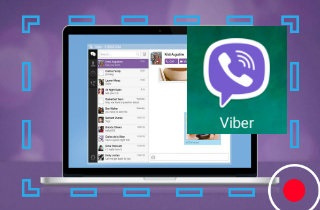

Illinois (two-party consent, but not for electronic communications).Hawaii (two-party consent is required when the recording device resides in a separate or private location).When recordings are made in-person, one party consent will suffice) Connecticut (required if and when a 3rd, non-participating party records the conversation.This is referred to as two-party consent, and it’s currently enacted in the following states (exceptions noted): An audible beep tone repeated at regular intervals during the call.Ĭurrently, 12 states require the verbal consent of all parties on a phone call to deem the recording lawful.Verbal notification before the recording is made.Prior verbal or written notification of all parties to the telephone conversation.The Federal Communications Commission (FCC) requires notification of call recording and defines the acceptable means of notification as : While call recording regulations differ locally and globally, the financial penalties for violating these laws, especially when data breaches occur, are steep and financially damaging to any enterprise. California recording laws may not match Florida recording laws, making it vital to understand call recording laws by state. In the United States, call compliance laws regulating call recording vary from state to state. Consent reasons range from customer permission to carry out financial transactions on their behalf, look up personal data, record the current call, finalize purchases, and so on. These regulations often require us to establish consent with the called party, which is only provable with a recording of the call. While very few regulations are globally applicable, national laws can have an effect beyond their target country because of country-to-country commerce, like GDPR and CPPA. These days, call recording is no longer treated as a necessary evil (due to the vast amounts of data created) but rather an opportunity to attain business intelligence from every conversation and for every business. Call recording originated among the world’s most heavily regulated industries, such as financial services and healthcare, to protect both the consumer and business. In every country and the US, compliance call recording is the legally required process of capturing (recording) phone calls in a manner that adheres to specific local, national, and global regulations.


 0 kommentar(er)
0 kommentar(er)
